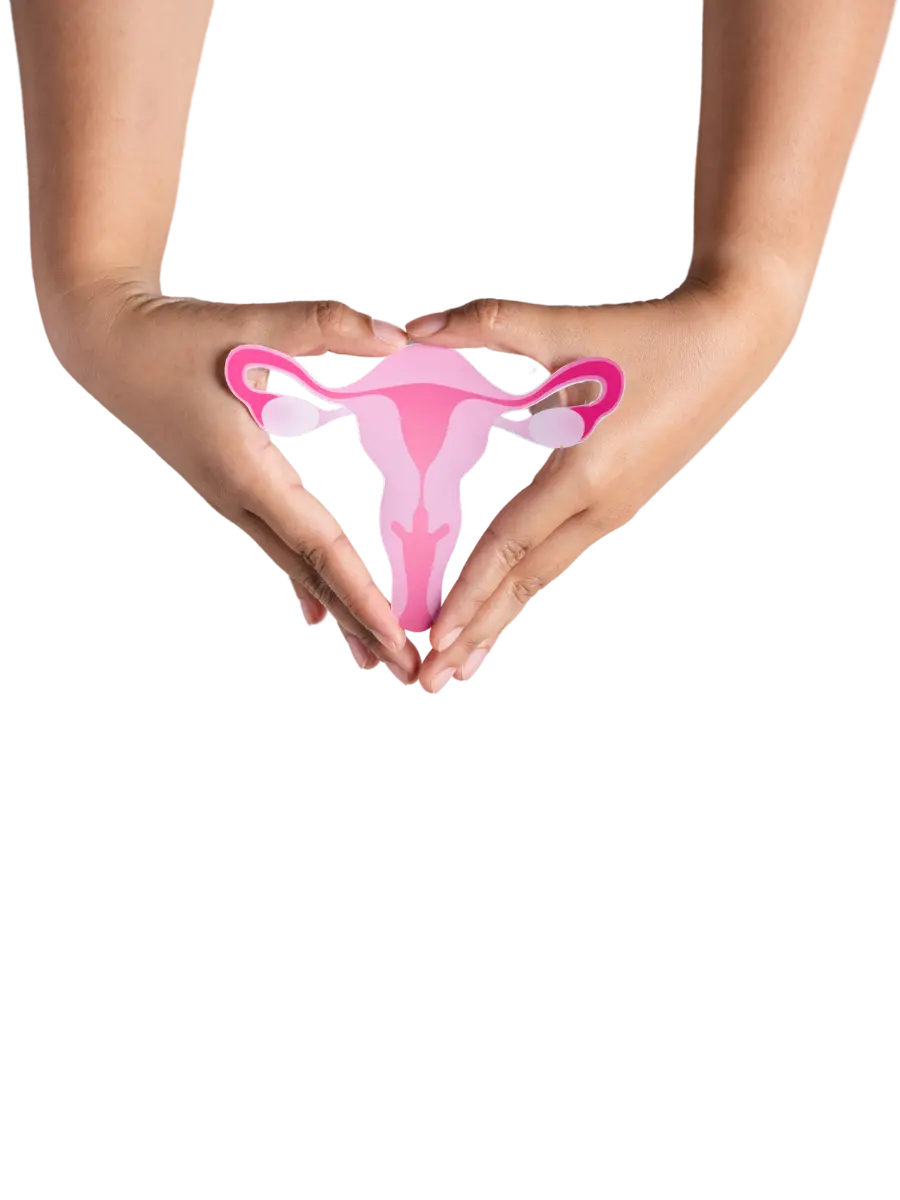(everything you need to know)
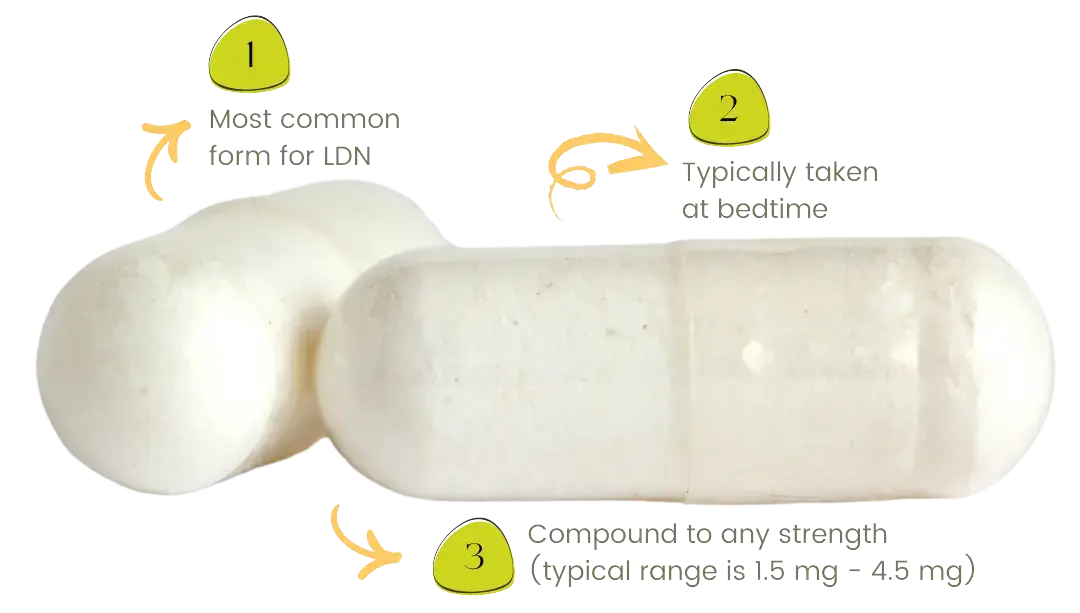
Low dose naltrexone (LDN) is an innovative and increasingly popular therapy that implements naltrexone in small doses to modulate the immune system and reduce inflammation.
Initially developed for the treatment of opioid addiction at much higher doses, studies find that naltrexone at lower doses offers unique benefits for a variety of chronic conditions, including autoimmune disorders, chronic pain, and even some neurological diseases.
By stimulating endorphin production and modulating the body’s immune response, LDN provides a novel approach to managing complex health issues with minimal side effects, making it a compelling option for patients seeking alternative or adjunctive therapies.
LDN is a compounded medication containing tiny doses of naltrexone (typically 0.5 – 4.5 mg).
Originally used at higher doses for addiction, low doses may help regulate the immune system and reduce inflammation.
It briefly blocks opioid receptors, triggering your body to produce more endorphins and modulate immune responses.
This may reduce inflammation and ease symptoms in autoimmune or neurological conditions.
Responses vary. Some see changes in weeks but in general most will experience the full effects after 2 months of use.
Consistency is key and it is important to track symptoms and work with your prescriber.
Most are mild: vivid dreams, sleep disturbances, or temporary headaches.
These often fade within weeks. We adjust doses to minimize reactions.
Commercial naltrexone isn’t available in low doses.
Compounding pharmacies like ours precisely customize dosage strengths (e.g., 1.5 mg capsules) to the exact needs of the patient.
This also allows us to incrementally titrate the dosage size as needed.
Naltrexone was first synthesized in 1962 to help treat opiate dependence. In 1985, Dr. Bernard Bihari began using lower doses (4.5 mg) of naltrexone to treat patients with MS. Through his continued work with autoimmune disease patients, he found that by intermittently blocking receptors with low doses of naltrexone, the receptor sites began to restore and even increase the production of endorphins.
This process helped many patients find relief when they couldn’t before. A complete timeline of LDN is available here.
The traditional naltrexone prescription dosage size is 50 mg. This prescription is typically used to treat opioid and alcohol addictions.
Compounding is required to achieve the lower dosage sizes needed for LDN’s therapeutic benefits. Typically, dosage sizes between 1 mg and 5 mg are considered “low dose.”
So, where can patients get LDN?
Patients still need a prescription from a doctor. LDN is not available over the counter.
Additionally, a compounding pharmacy (like us) must prepare the prescription. Compounding pharmacies employ labs to implement dosing adjustments and form customizations.
This helps personalize medications for the patient and develop prescriptions for off-label use.
Learn More About LDN Dosage
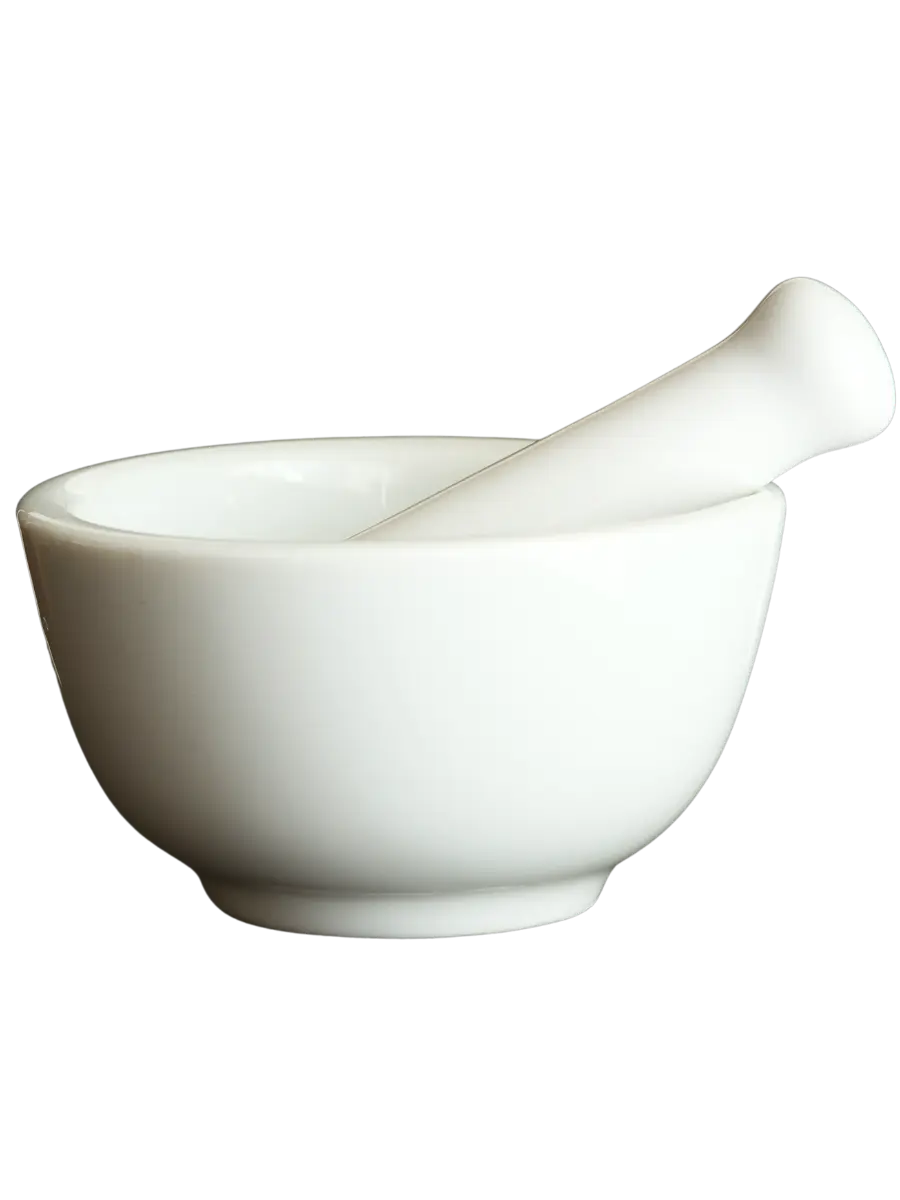
Compounding pharmacies expertly compound LDN into various forms to meet individual patient needs.
Whether in capsules, tablets, topical creams, or liquid solutions, compounding pharmacies tailor the medication’s dosage and form to ensure optimal absorption.
This customization allows for precise dosing and improved titration.
It also allows for ingredient customization to enhance the patient’s therapeutic experience, providing a more personalized approach to treatment.
LDN is commonly taken in capsule form. Patients find them convenient to take and easy to titrate when necessary.
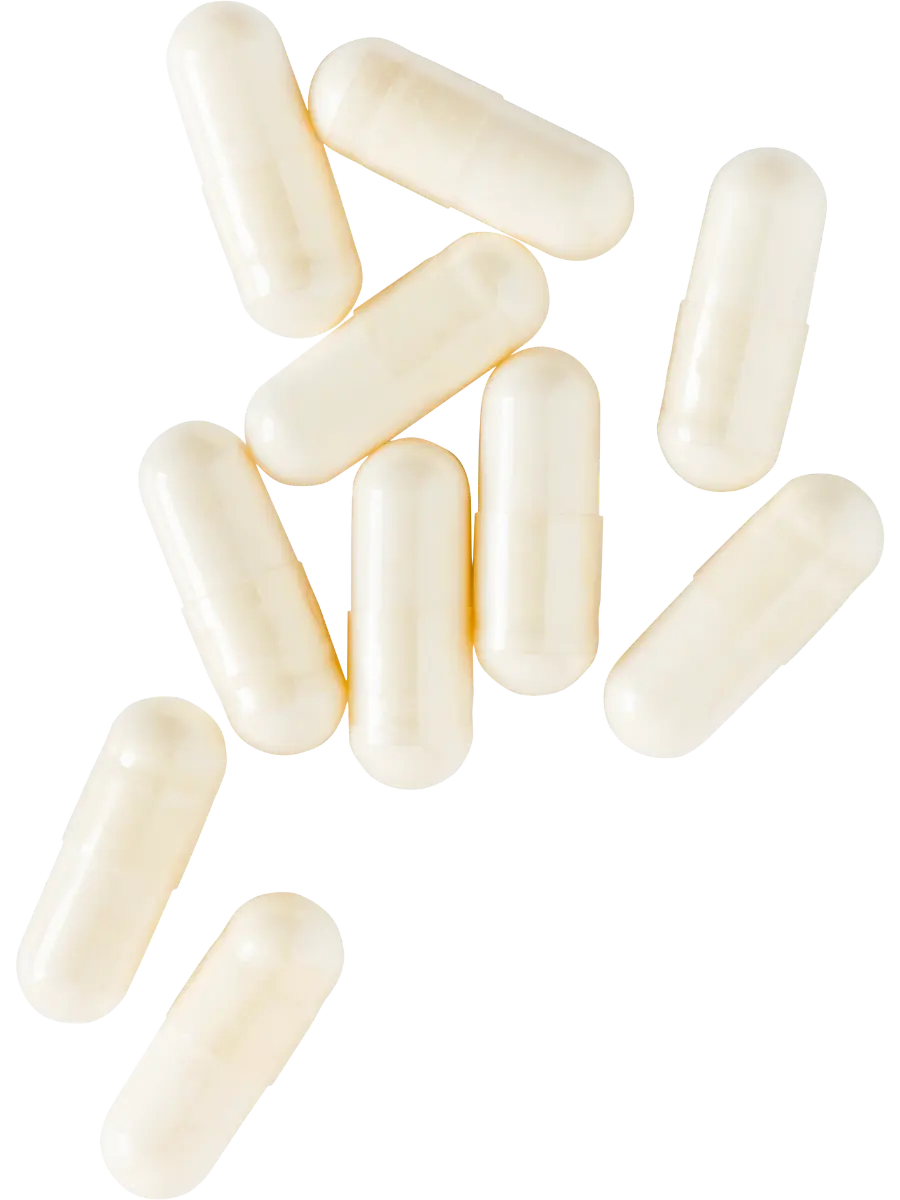
Individuals with chronic conditions stand to benefit significantly from LDN use. By modulating the immune system and reducing inflammation, LDN can help provide long-term relief from pain, mental health conditions, autoimmune diseases, and more.
90% of endorphins are produced between 2:00 a.m. and 4:00 a.m. This is why LDN is commonly recommended to be taken before bed at night. However, the best time to take LDN may vary by person.
LDN boosts endorphin production, reducing inflammation and pain for patients. Many patients also become less reliant on other medications, improving their quality of life.
Learn More About the Benefits of LDN

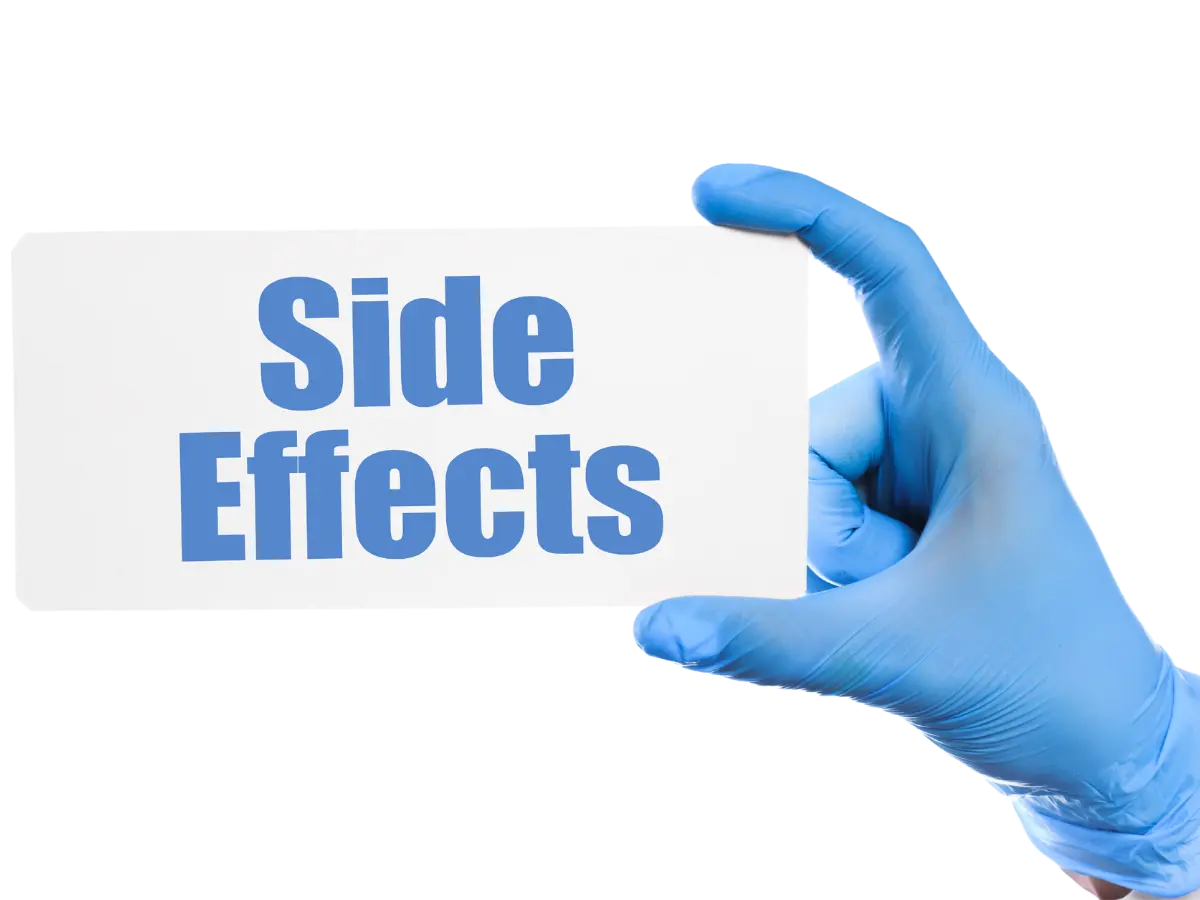
Preliminary studies have shown LDN to positively affect various mental health conditions.
Though more studies are necessary, the early findings regarding LDN and mental health are promising.
Below are a few conditions LDN may help with:
Many patients find promise in using LDN to help alleviate depressive symptoms through its unique mechanisms of action.
LDN functions as a dopaminergic drug. It can stimulate the body to release the neurotransmitter dopamine and create a more positive mental feeling.
By lowering inflammation in the brain, LDN helps mitigate the symptoms of depression that are often resistant to conventional treatments.
Its potential to produce notable mood enhancements with minimal adverse effects underlines its worth as an alternative or adjunct therapy for depression.
Participants in studies see reduced scores in various depression measuring scales while taking LDN against a controlled group.
Patients with PTSD will sometimes have difficulty finding results with conventional medications. Trauma complexity, dissociative symptoms, and prevalent side effects can keep a patient from finding proper relief.
LDN helps address these concerns. By blocking opioid receptors, studies find that this may reduce dissociative symptoms in patients with PTSD.
Patients who take 2 – 6 mg of naltrexone per day can experience positive and lasting effects, including the mitigation of dissociative episodes.
People with borderline personality disorder (BPD) may struggle to function in society due to their self-image and difficulty managing emotions and behaviors.
People with this condition often see a high degree of emotional pain and distress.
By regulating the body’s opioid system, LDN can reduce BPD symptoms. Increasing endorphins can affect mood and anxiety levels.
Studies show that treatment of BPD with LDN is dose-dependent. Some patients may require different dosages to see results.

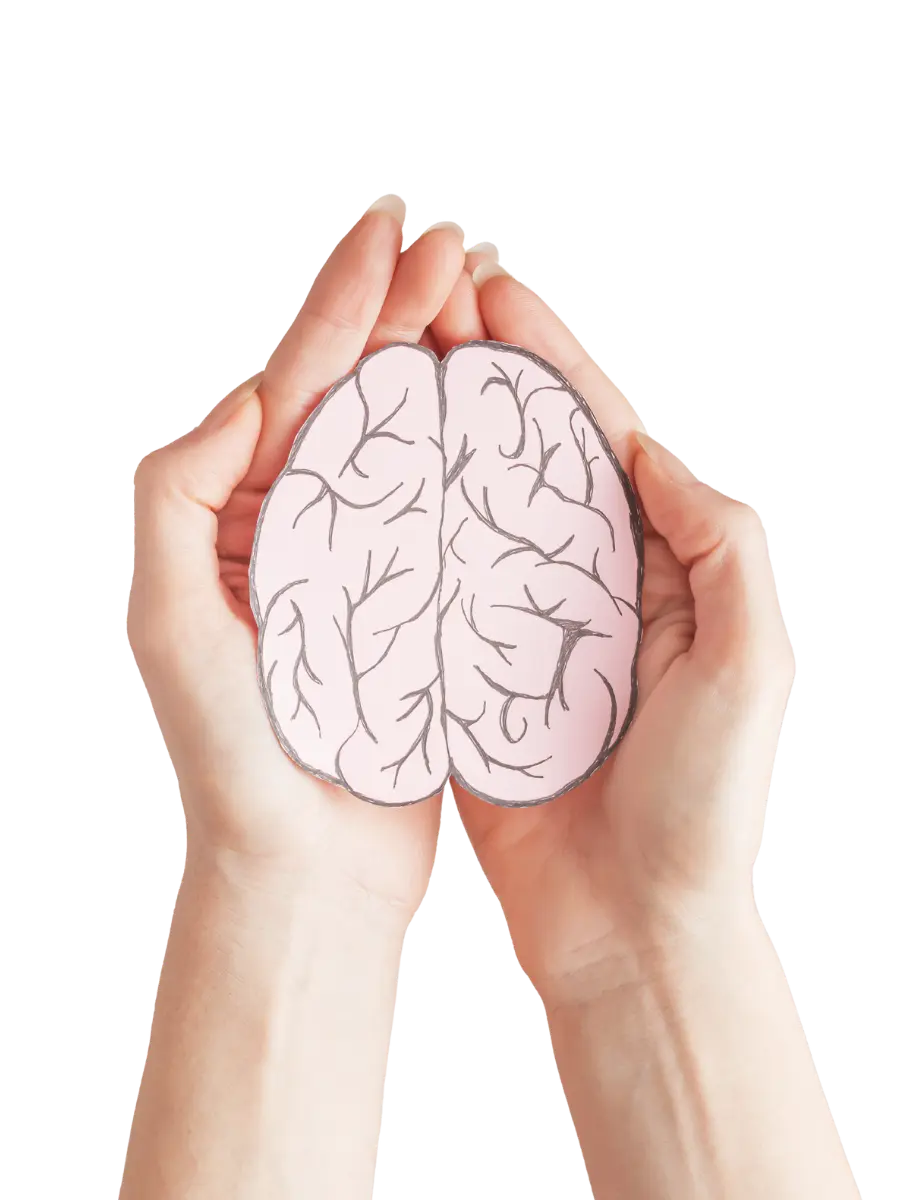
Pain symptoms can be debilitating to patients. Those who have experienced bodily injuries due to accidents or illness may need additional help to manage their pain.
LDN modulates the body’s pain pathways through a unique mode of action, leading to significant pain relief.
Doctors often prescribe opioids to address extreme pain. Unfortunately, this practice can potentially lead to addiction.
LDN is a nonopioid alternative that blocks mu-opioid receptors in the body. By doing so, LDN keeps patients from developing an addiction while still delivering pain alleviation.
Learn More About LDN for Pain
Glial cells play a significant role in how we experience chronic pain.
These cells help hold nerve cells in place and aid their everyday functions. When irritated, glial cells can trigger inflammation.
Neurons are exposed to this inflammation and can be damaged or destroyed.
LDN inhibits glial cells and acts as an anti-inflammatory agent by deactivating them and reducing pain.
Fibromyalgia is a whole-body pain disorder commonly referred to as “central sensitivity syndrome.” People who suffer from this illness may have a difficult time finding relief due to its complexity and unknown exact cause.
For many patients, LDN alleviates the pain symptoms.
LDN reduces pain in people with fibromyalgia by reducing inflammation and increasing endorphins. This general approach helps address some of the complexities and coexisting conditions.
Learn More About LDN for Fibromyalgia
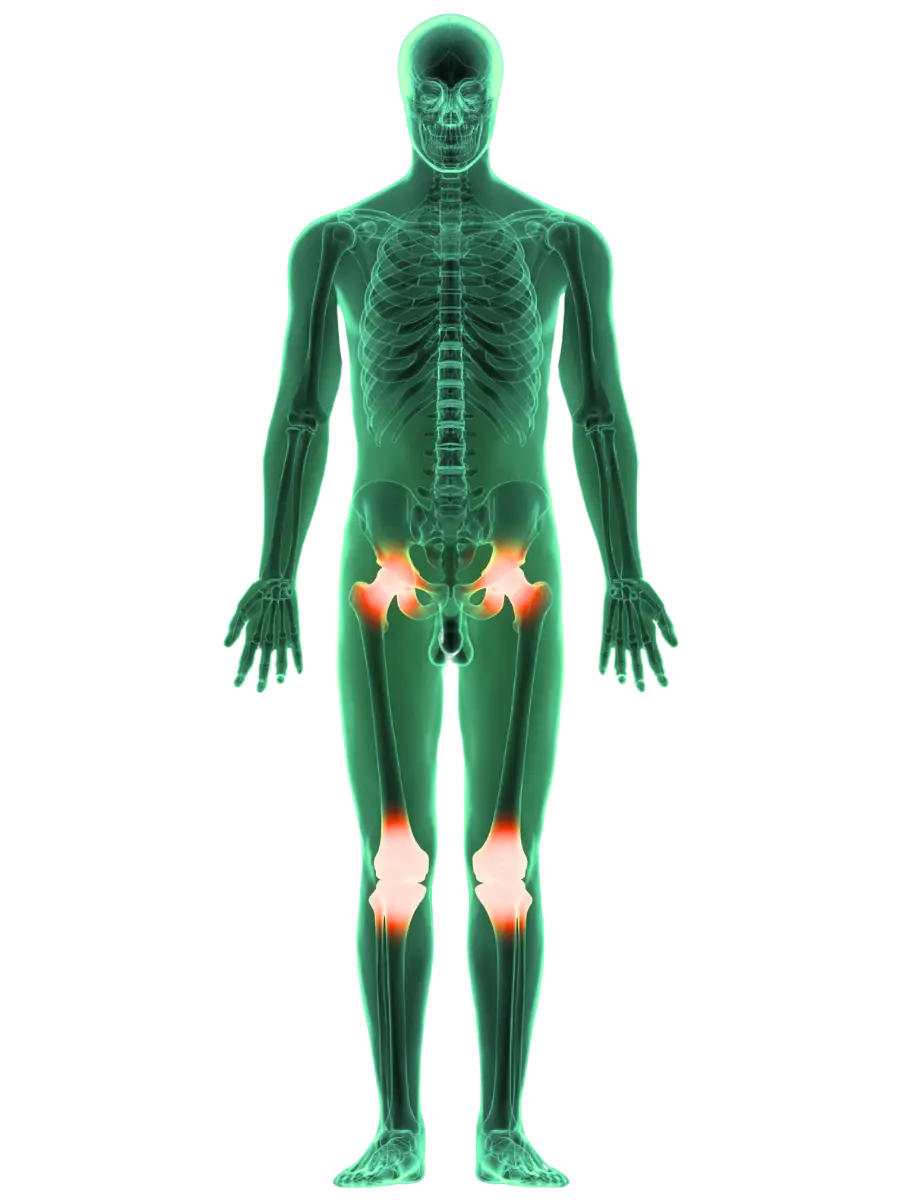
Autoimmune disorders, such as Crohn’s disease and multiple sclerosis, can cause the body to hurt itself.
When the immune system is triggered, the antibodies it sends begin to attack and damage its tissue rather than fight off disease.
Clinical reports consistently highlight the potential of LDN treatment to not just reduce fatigue but also to significantly improve overall health.
This is particularly beneficial for patients with autoimmune conditions, offering them a chance at a better quality of life.
The endogenous opioid system plays a role in inflammatory bowel diseases such as Crohn’s disease.
By inhibiting opioid receptors, LDN can relieve and reduce the symptoms of this disease.
The anti-inflammatory effects of LDN are well documented. Reducing inflammation in the bowel can help bowel movements become more regular and less painful. This is ideal for patients with Crohn’s disease.
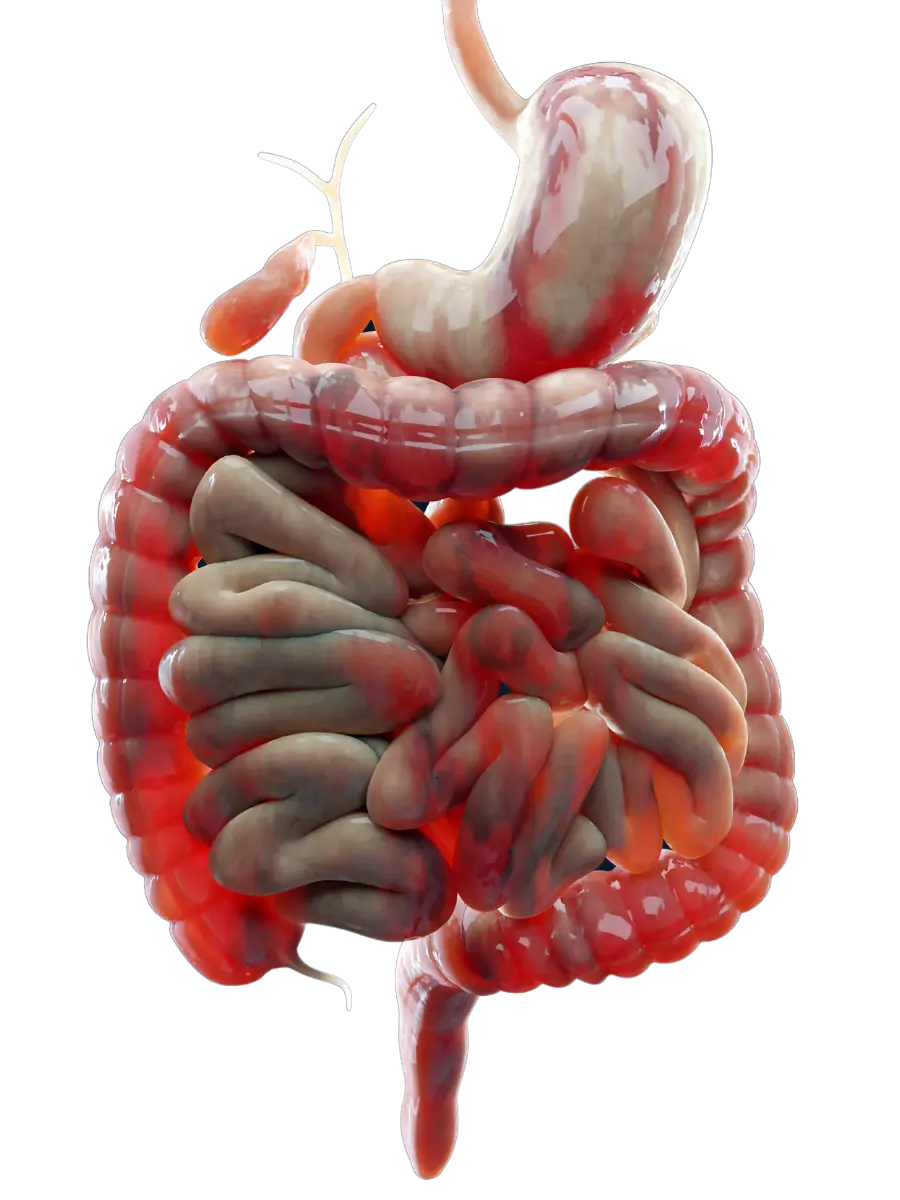
Learn More About LDN for Weight Loss
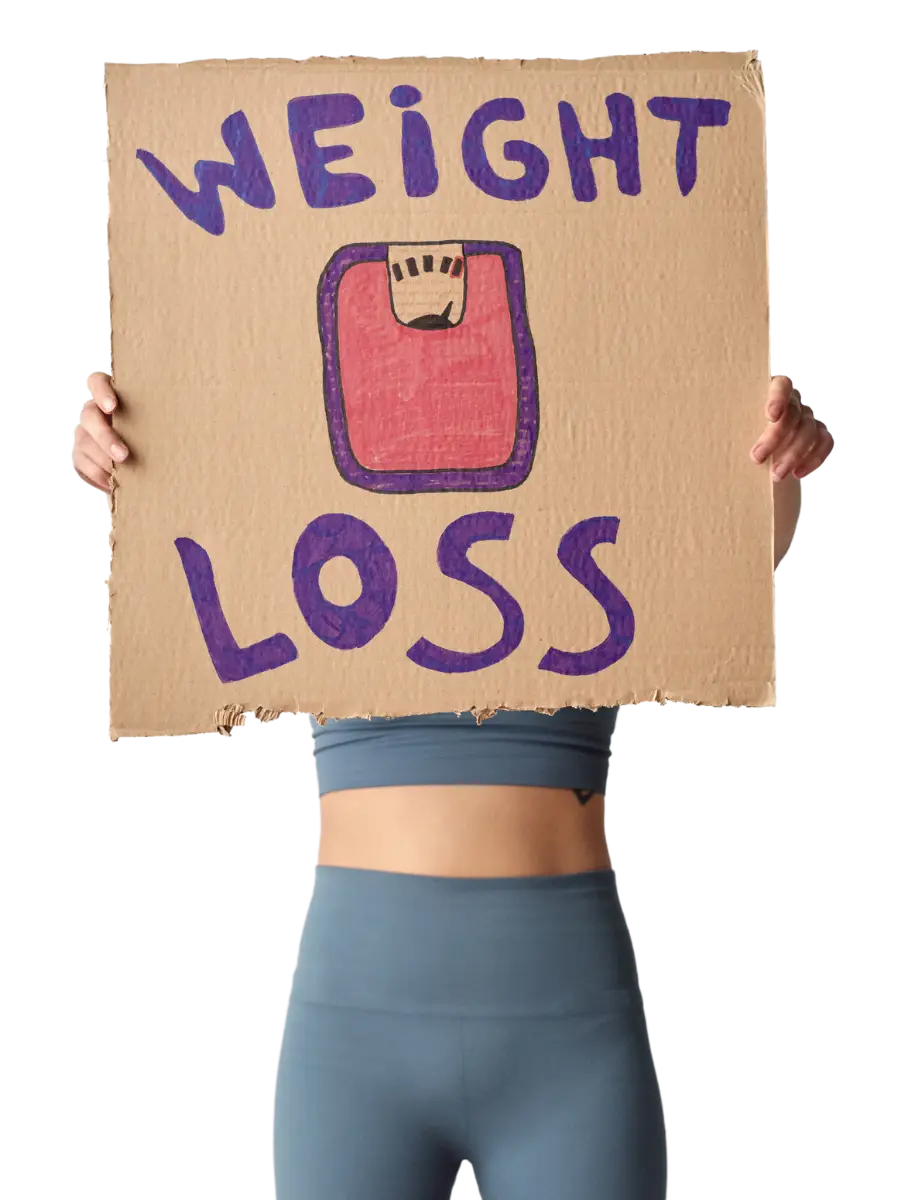
Opioid receptors are also found on the skin. They play a role in cell proliferation, migration, and adhesion.
As a mu-opioid antagonist, LDN may be able to affect the skin positively.
Naltrexone affects inflammation, cell adhesion, and keratinocyte proliferation and migration, which could make LDN a useful component of dermatology treatment regimens.
Though more research is needed, current data suggest that naltrexone can be a part of treatment plans for inflammatory and acantholytic skin diseases that are not responding to other treatments.

Women who suffer from PCOS may struggle to find success with typical medications. Studies have shown that LDN may be a possible option.
Increased insulin levels are associated with PCOS in women.
Naltrexone reduces appetite and modulates the release of insulin, which may help with symptoms resulting from PCOS.
